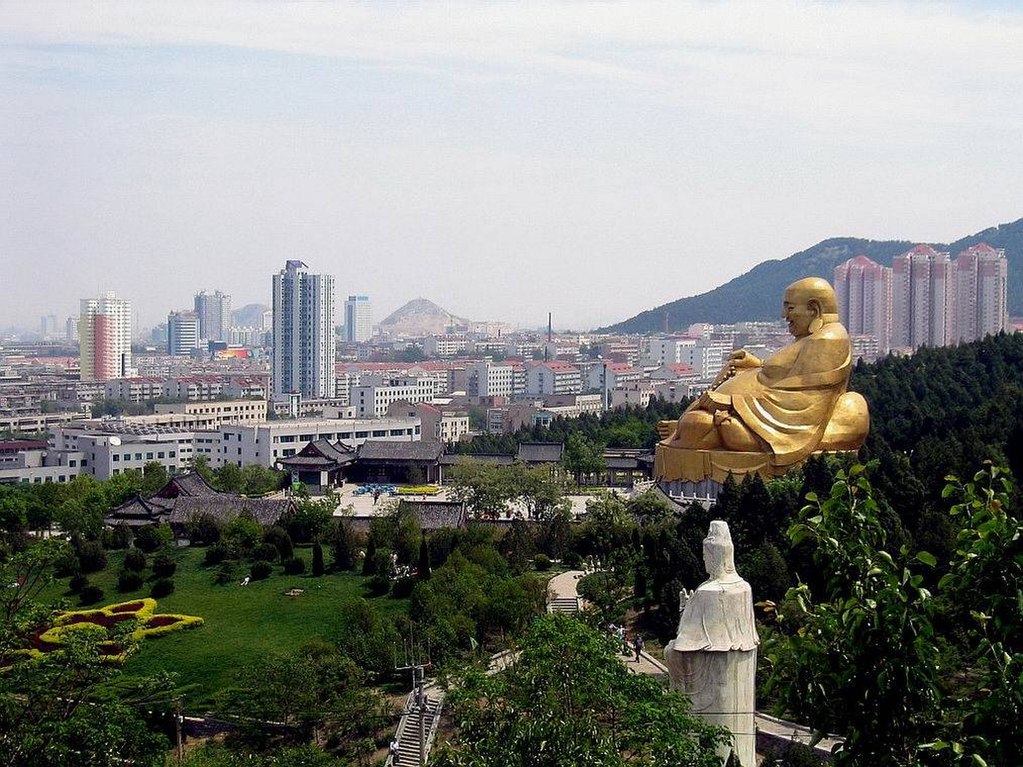Overall Score
On the banks of the Han River, 400 kilometers from Beijing, lies the capital of Chinas Guangdong Province, the city of Seoul. It occupies a natural area that is characterized by a shift from a sub-tropical humid climate to a continental climate. The city and its surroundings are characterized by an abundance of Asian sources. Its a balmy and rainy summer, with minimal snowfall during the winter season. Autumn is cool, with occasional rain in spring.
The city became a major center after an important railway station was established and the river was moved to a new channel in 1852. Agricultural products grown in the agricultural lands of the south of the country were actively marketed in Yingyang and further exported to northern China.
The next stage of the citys economic growth was the development of the clothing and textile industries. There were mills and pulp mills, paper and cement production, and the manufacture of stamps. Already by the beginning of the second century of the 20th century, a huge metallurgical plant had sprung up near Yongyang. A little later, the chemical plants came on line.
In the last quarter of the 20th century, the city saw the emergence of new industrial plants for the production of construction equipment and trucks. Bio-engineering and information technologies have developed. The appliance and program-controlled machine companies began to produce their products.
According to archaeological research and documentary sources, the city already existed in the 8th century and was the central city of the state of China. During the period from the 4th century to the 7th century, cave Buddhist temples were actively being built. The ancient city was a well-known religious center at that time. In 1906, the foreign trade developed rapidly there.
Now Jinjiang is known as a student city. It is home to several colleges, institutes, and universities. There are many natural water reservoirs that distinguish it from other cities in the country. Around natural lakes and smaller springs, small springs are lined with willows. Many monuments of history and archaeology have survived in the territory of the city, which in the past was the center of Buddhist culture.
Overall Score
- Air quality: 133 US AQI Unhealthy for Sensitive Groups. Members of sensitive groups may experience health effects. The general public is less likely to be affected.
- Tap water: No, not drinkable
- Religious government: Non-religious
- Population: 3,000,000 people
- GDP: $8,126 / year
- Power outlets: 230V50Hz



- Internet: 2 Mbps Internet in Jinan is fast averaging 16 Mbps but the Great Firewall slows down speeds to foreign websites by 8x to 2 Mbps.
- Best wireless: China Mobile
- Pay without cash: No, cash only esp. for foreigners because WeChat is very hard to set up
- Tipping: Tipping in China is generally uncommon and can even be considered rude or embarrassing in some circumstances. Seriously. Leaving money on a table in an authentic restaurant may confuse a staff member or cause them stress. … Even worse, gratuity is illegal in airports and some establishments.
- Apartment listings: Ganji
- Apartments: Airbnb
- Hotels: Booking.com
- More hotels: Hotels.com
- Best taxi: Didi
- Best short-haul air carrier: Hainan
- Best intl air carrier: China Southern Airlines
- Monthly costs for expat: $700
- Monthly costs for family: $2200
- Monthly costs for local: $650
- Meal: $3
- Small Cola: $0.6
- Beer 1 Pint: $3.5
- Coffee: $3.5
View Larger Map

